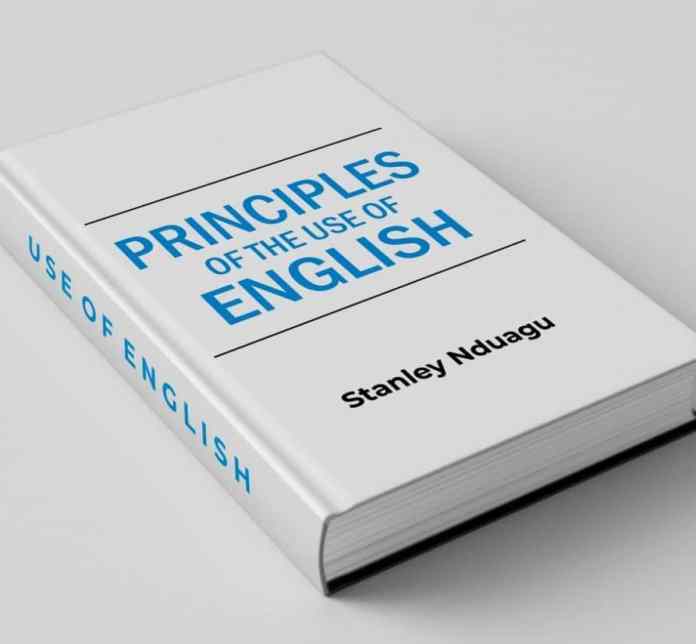Education
Abia-Born Teacher Expands English Grammar Theories, carves out third kind of noun, Plans to show It at Oxford

Abia-Born Teacher Expands English Grammar Theories, Carves Out Static Nouns and Static Verbs, Plans to Present It at Oxford
Dr Stanley Nduagu, a world-renowned English language teacher and author, has expanded English grammar theories to make the teaching, learning, and understanding of the English language easier.
In his first theory, he carves out the third kind of noun which he calls the ‘static nouns’, against the usually-known ‘regular’ and ‘irregular’ nouns. In his newly-created third kind/classification of nouns, he groups all the nouns which have fixed forms as ‘static nouns’. These static nouns are the nouns whose singular and plural forms are the same. Some of the examples of his newly-carved-out static nouns are: aircraft, sheep, equipment, cutlery, jewellry, furniture, advice, ammunition, information, clothing, stationery, etc.
What Dr Nduagu has succeeded in doing is to separate static nouns from the irregular nouns, thereby leaving only the nouns which change their spellings when forming their plurals, as irregular. Some of the nouns he thinks should remain as irregular are: child-children, ox-oxen, mouse-mice, louse-lice, man-men, woman-women, criterion-criteria, etc.

Dr Stanley Nduagu
In an interview with him, he said, ‘I see no reason why nouns which change their forms when transmuting from the singular to the plural should be classified together as irregular nouns with nouns which remain unchanged whether in the singular or in the plural.’ That’s the reason I carved out static nouns from the usually-known irregular nouns. I challenge fellow scholars to disprove this theory.’
In his second theory, he classifies nouns according to their behaviors, which are obedient nouns, disobedient nouns, and stubborn nouns. He explains that the ‘obedient nouns’, which are the regular nouns, are the nouns that obey the simple rule of adding the suffixes -s, -es or -ies when forming their plural.
He further groups the nouns which change their forms (spellings) when transforming from singular to plurals, as the disobedient nouns because they refuse to obey the simple rule of adding the suffixes -s, -es or -ies when forming their plurals. These ‘disobedient’ nouns are the normal irregular nouns.
In the same interview, he said, ‘Our children and other learners of English will better understand nouns and their applications if we teach them about nouns using their behavioral patterns. They will better appreciate it when we tell them that the nouns that obey the rules of adding the suffixes -s, -es or – ies when forming their plurals are regular and ‘obedient’. They will enjoy it more if we tell them that the nouns that disobey the rules, but rather choose to change their forms (spellings) instead of adding the suffixes – s, -es or-ies, are disobedient, while the nouns that insist that they will remain unchanged whether they are in the singular or in the plural, are stubborn and static.’
When asked what impact his theories would make, he said, ‘I apply these theories whenever I teach people the basic rules of grammar. It makes for ease of understanding of the topic. I first applied these theories while I was a teacher in China and it paid off. With it, I was able to make my Chinese students easily understand nouns and their applications. Therefore, the application of my theories will make the teaching and learning of the English language easier and more interesting.’
His third theory further carves out ‘static verbs’ from the irregular verbs. He mentions static verbs as the verbs whose present, past and past participle forms are the same. He mentions hit, let, beat, set, cost, hurt, shut, spread, split, cast, broadcast, etc as among his newly-developed ‘static verbs’.






